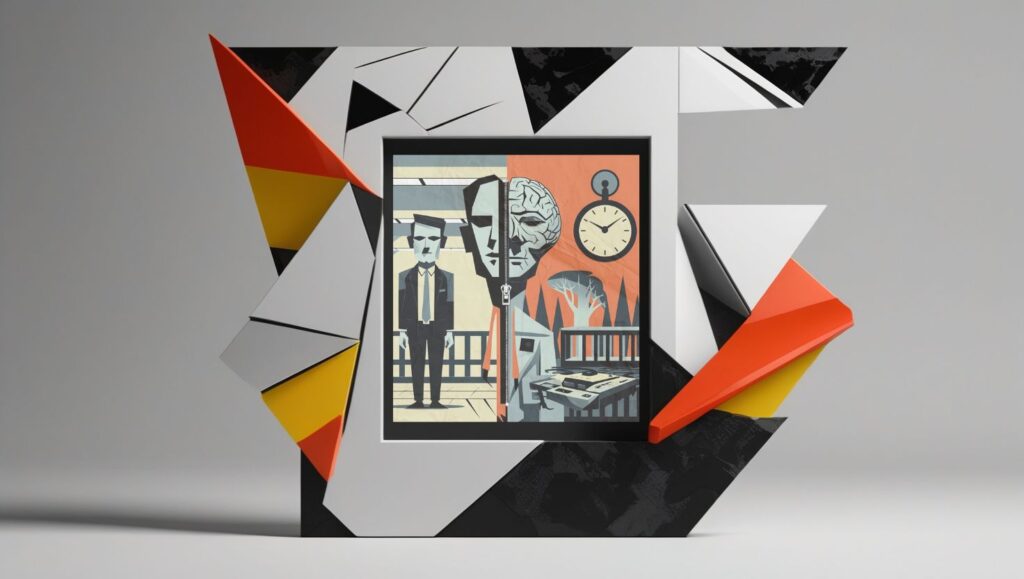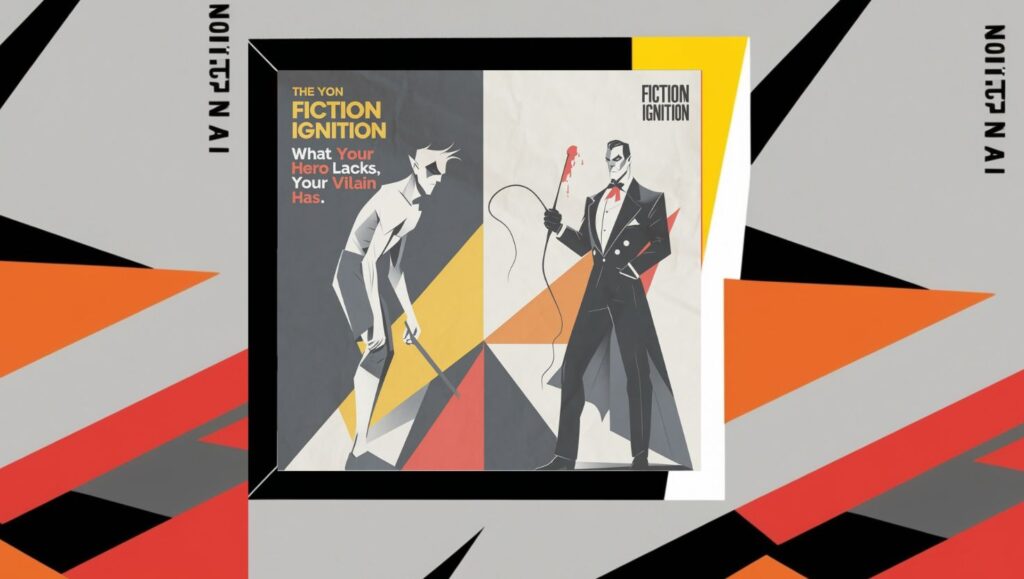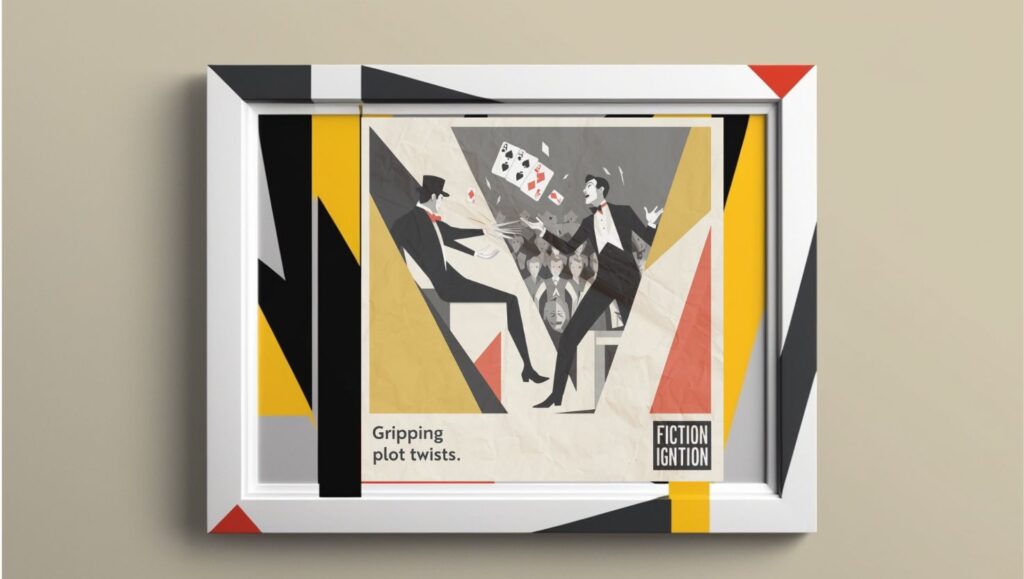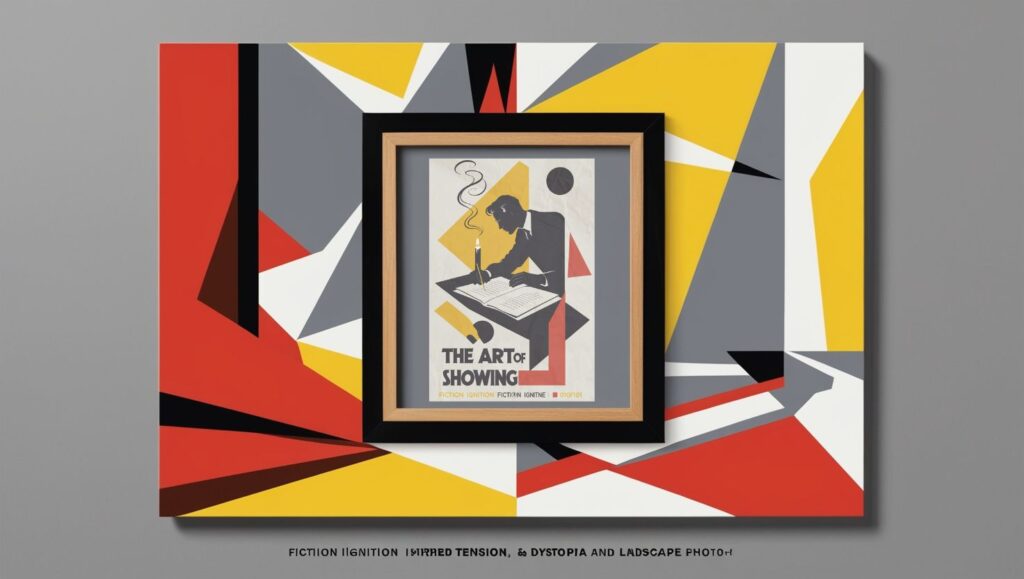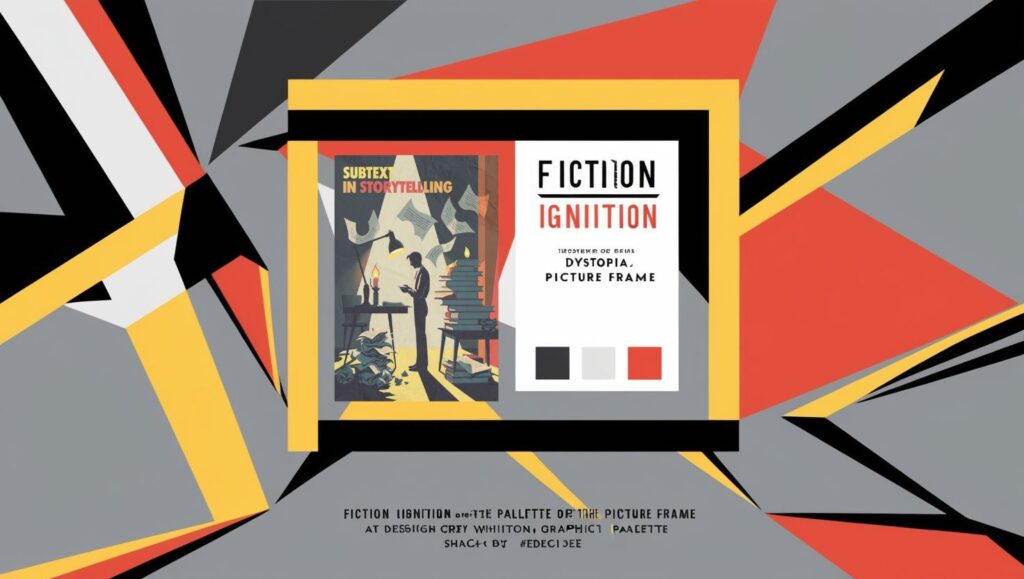Severance is one of the most brilliant shows on TV, but it makes some dubious writing choices
Severed Greetings, Fiction Igniters!
Let me start by saying this: I consider Severance one of the greatest television shows of all time. And that means something coming from me, because I am an unapologetically demanding, hyper-critical audience member. I have no problem crapping over a masterpiece the moment it veers into lazy writing.
Case in point: The Sopranos. I know, I know, sacrilege. But hear me out. Tony Blundetto, played beautifully by Steve Buscemi, falls from grace and meets his tragic end just at the moment when the dream he has worked for over the years is about to come true… because he happens to find a bag full of money? WTF? To me, that’s the worst case of lazy writing ever on television. That’s the kind of storytelling that insults your intelligence. That single moment alone, to me, disqualifies The Sopranos from being in the conversation for the greatest show of all time. Sorry, Soprano fans. It’s just a clear-cut case of narrative malpractice.
So when I say that Severance is brilliant, it means that the bar was set sky-high. It’s a miracle of tone, design, atmosphere, and character. The metaphor of work-life separation, rendered literal, is genius-level satire and psychological horror. It belongs in the pantheon alongside Succession and Breaking Bad. That said, greatness doesn’t mean perfection. And while Severance continues to be hypnotic and original, there are growing pains—some significant enough to break immersion for even a devoted fan like me.
Character Logic vs. Writer Convenience
One of the greatest strengths of Severance is its commitment to internal logic. The world is surreal, yes, but character decisions generally follow psychological rules. That’s what makes the few deviations so glaring.
Take, for instance, the moment when Mark’s sister Devon suddenly decides to trust Harmony Cobel over Rejhabi. Why? Because she heard that Cobel had been fired? That’s absurd. Devon is portrayed as grounded, fiercely protective of her child, and deeply suspicious of Lumon. So for her to simply hand over trust based on a firing (which could very well be a Lumon ruse) feels like a betrayal of everything we know about her. It doesn’t read as a character-driven decision. It reads as a writer-driven convenience to move the plot along.
Then there’s Cobel herself. She’s an incredible character—ruthless, enigmatic, layered. But then, suddenly, she’s also a kind of backwoods Tony Stark? A redneck genius who can build world-altering devices while babysitting? This isn’t a question of her being resourceful or experienced within the company. It’s a tonal whiplash. There is no prior foreshadowing—no subtle hints that she has a scientific or engineering background. She goes from manipulative manager to mad genius with zero ramp-up. This isn’t character depth. It’s genre whiplash. A jarring shift that breaks the immersive, credible psychological framework the show worked so hard to establish.
It’s not the fact that she is a brilliant inventor that strains credulity; it’s that this supposed brilliance comes out of nowhere, without the narrative groundwork. Good storytelling requires setup and payoff. Here, we got a payoff without the setup.
The Blueballing Problem
Now let’s talk about pacing. There’s a fine line between a slow burn and a narrative that constantly teases resolution but refuses to deliver. Severance has become a bit too enamored with its own mystery. Entire episodes are now devoted to backstory, detours, and red herrings. This is not the same as deepening the world—it’s narrative edging. The difference is crucial.
Take the case of Mark’s reintegration. At the end of the episode, we see Mark’s innie and outie finally getting reintegrated. It’s the biggest moment of the entire show so far. It’s so big, the show goes from its traditional black screen ending credits to a new white screen ending credits sequence (which they contine till the end of the season, when it turns red). It seems like one of the biggest cliff-hangers in TV history, and we, as fans, are left yearning to tune back next week and see what happens now!
Which is… nothing.
Instead, we get a camping trip and we see Mark’s innie still acting like his regular, severed self. And then, the episode ends, and we don’t get even a mention of anything that happened in the previous episode.
And then we tune back for future episodes, and it turns out he just began the reintegration process. Which means what? Ah… just a couple of flashbacks, conveniently, one that confirms that Gema is still alive. Then, Reghabi gets fired for the rest of the season and is replaced by Cobel, and the reintegration storyline is dropped, and we to back to still severed selves now communicating through video.
Slow burns are about momentum. You feel the story advancing even if the pace is measured. Blueballing, on the other hand, leaves you stuck in place, staring longingly at the plot through a foggy glass. At times, Severance veers dangerously close to Lost-style meandering, where the mystery becomes the point rather than the byproduct of strong thematic storytelling.
Still, a Masterclass in Worldbuilding and Theme
That said, let me be absolutely clear: I remain awed by what Severance achieves. The mise-en-scène is Kubrickian. The themes of alienation, grief, identity, and corporate control are handled with stunning precision. The performances, by pretty much the entire cast, are tour de forces of repressed emotionality and fractured selves. The show does what very few manage: it creates a world that feels unlike anything else on television, and it speaks to the soul of our era.
But for Severance to reach true, undebatable GOAT status, it needs to be as disciplined in its plotting as it is in its aesthetic. It has to resist the temptation to throw curveballs just because it can. It has to honor its characters by letting their decisions emerge organically from who they are—not from what the writers need them to do next.
Final Word
Despite my frustrations, Severance remains in my top-tier shortlist of all-time greats. The fact that I can even articulate these criticisms is a testament to how high it aims. Mediocre shows don’t inspire this level of scrutiny. Greatness invites dissection. And Severance, in all its unnerving, disjointed brilliance, has earned that honor.
It just needs to remember what made it special in the first place.
And trust me: I’ll be watching.
So, remember, until next time: don’t write, ignite!

